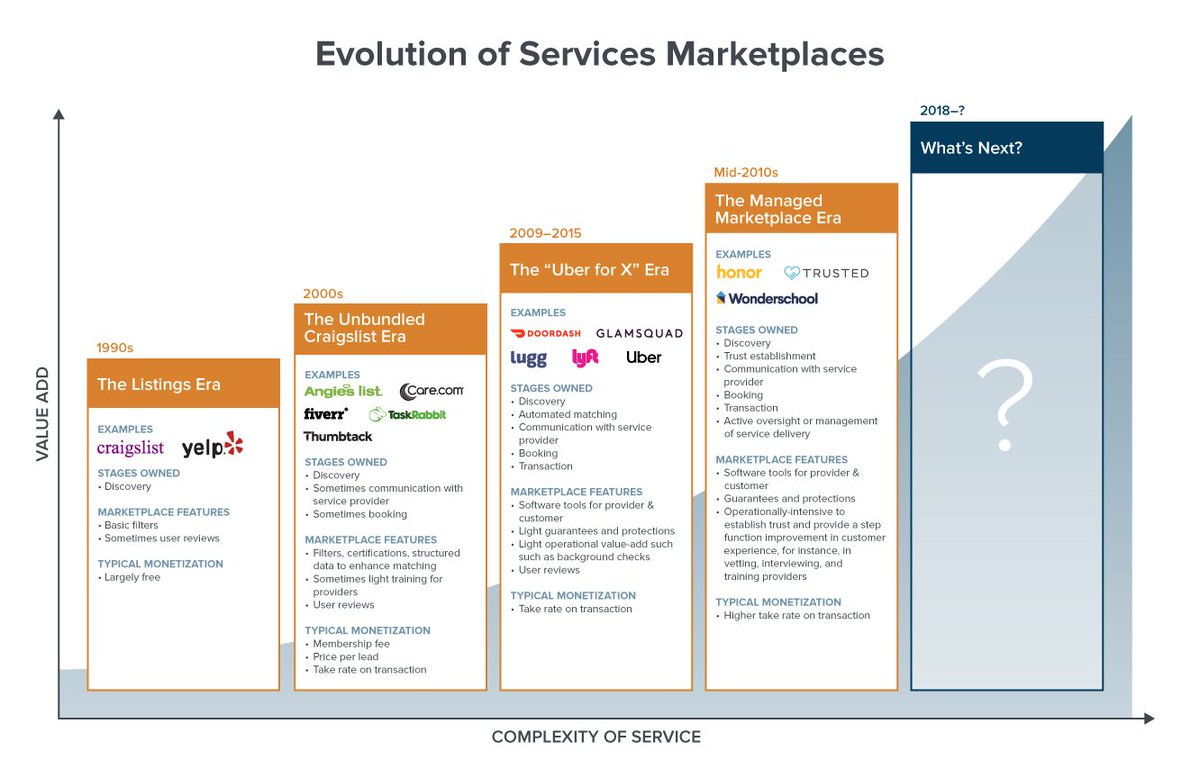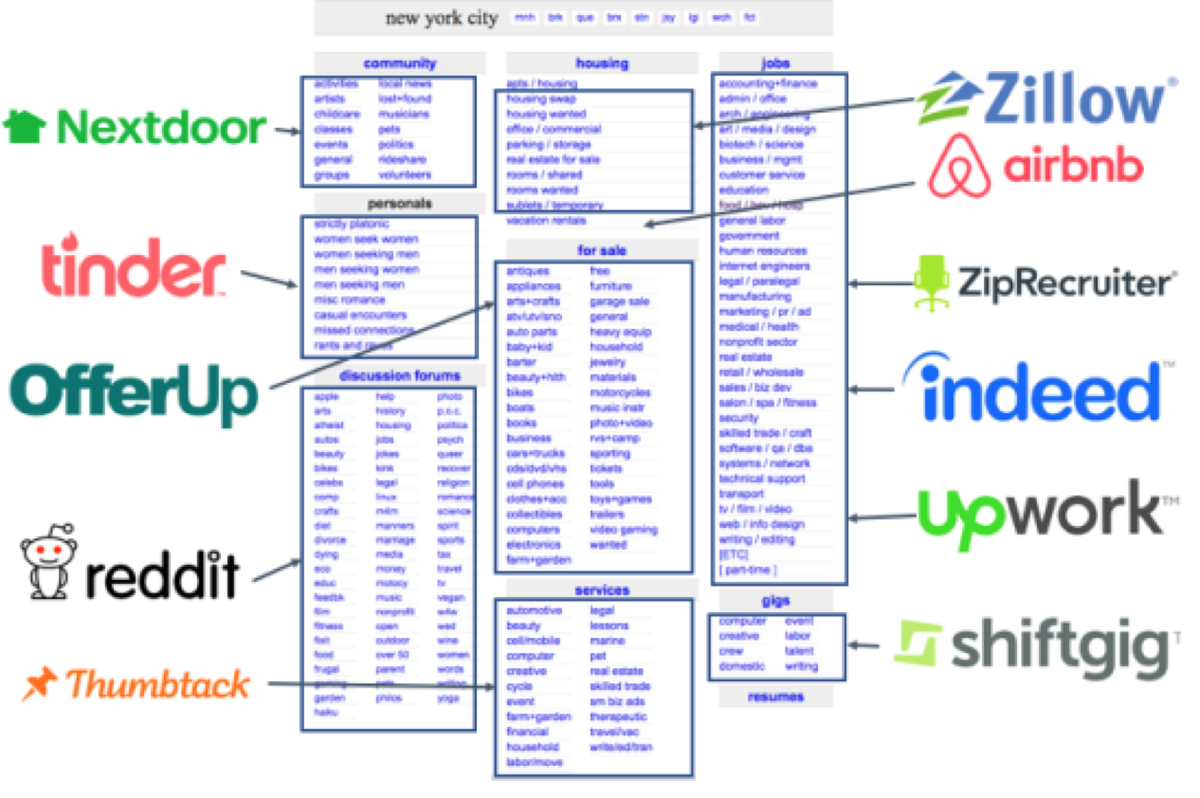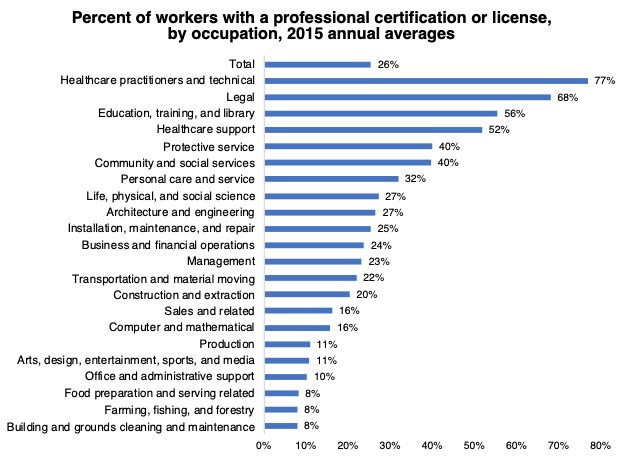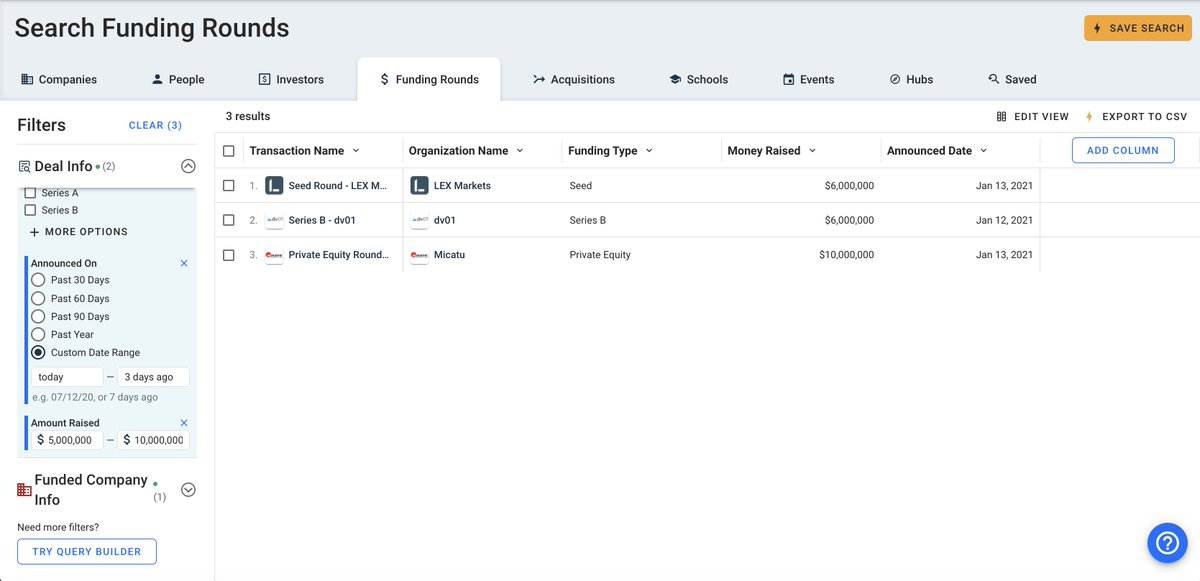1/ new essay: What's next for marketplace startups? Reinventing the $10 trillion service economy, that's what. Co-authored with @ljin18 https://t.co/fgKbrHTnH5. A short thread 👇



More from Startups
The stuff you can do in a year is seriously astounding 👇
👉 @TransistorFM reaching $22k MRR in one year: https://t.co/BuKmXEeEtH
I was one of their first customers and the progress @mijustin and @jonbuda have made working mostly part-time has been crazy.
Now both are full-time. Follow them on @buildyoursaas
👉 @talk2oneup reaching $10k MRR in one year: https://t.co/SOoGkKA19r
@daviswbaer joined as a co-founder and through many different marketing tactics, pricing changes, and product updates, they've managed to carve out a niche market in a really competitive industry.
👉 @hostifi_net $9k MRR in one year: https://t.co/TknroGZWoK
After getting fired from his full-time job, @_rchase_ embarked on a year focused on building products to replace his salary in a year.
The dude seriously SHIPS and even took investment from @earnestcapital
1/ "Hardcore Year" (https://t.co/cjx7HfGeEK)
— Reilly Chase\u2601\ufe0f\u2601\ufe0f\u2601\ufe0f (@_rchase_) July 31, 2019
MRR in July:
\u2593\u2593\u2593\u2593\u2593\u2593\u2593\u2593\u2593\u2593\u2593\u2593\u2593\u2593\u2593\u2593 $9,109 of $8,333 goal (109%)
Totals@hostifi_net $8,463@ghostifi_net $361@locklinnetworks $125@captifi_net $147@patreon $13
I reached my goal for the year! \U0001f942\U0001f37e
Details in thread \U0001f447 pic.twitter.com/cUEeiADDAk
👉 @ClosetTools $11k MRR WHILE WORKING FULL-TIME AND WITH A FAMILY: https://t.co/pKQ7pFvpZY
With a strong product, continuous improvement, and SEO, @unindie has really been inspirational.
There are no excuses.
This year is flying by. How am I doing a July report already? Here it is: Closet Tools' July open stats:
— Jordan O'Connor (@unindie) August 1, 2019
MRR: $11106.28 (+11.43%)
Organic Search: 3958 (+20.45%)
New Trials: 154 (-8.33%)
Less trials, more revenue (churn is going down!). The focus for July was feature stability. pic.twitter.com/4YRpkPvKxo
On a serious note, it's interesting to observe that you can build a decent business charging $20 - $50 per month for something that any good developer can set up. This is one of those micro-saas sweet spots between "easy for me to build" and "tedious for others to build"
— Jon Yongfook (@yongfook) September 5, 2019
Every year at MicroConf I get surprised-not-surprised by the number of people I meet who are running "Does one thing reasonably well, ranks well for it, pulls down a full-time dev salary" out of a fun side project which obviates a frequent 1~5 engineer-day sprint horizontally.
"Who is the prototypical client here?"
A consulting shop delivering a $X00k engagement for an internal system, a SaaS company doing something custom for a large client or internally facing or deeply non-core to their business, etc.
(I feel like many of these businesses are good answers to the "how would you monetize OSS to make it sustainable?" fashion, since they often wrap a core OSS offering in the assorted infrastructure which makes it easily consumable.)
"But don't the customers get subscription fatigue?"
I think subscription fatigue is far more reported by people who are embarrassed to charge money for software than it is experienced by for-profit businesses, who don't seem to have gotten pay-biweekly-for-services fatigue.




















